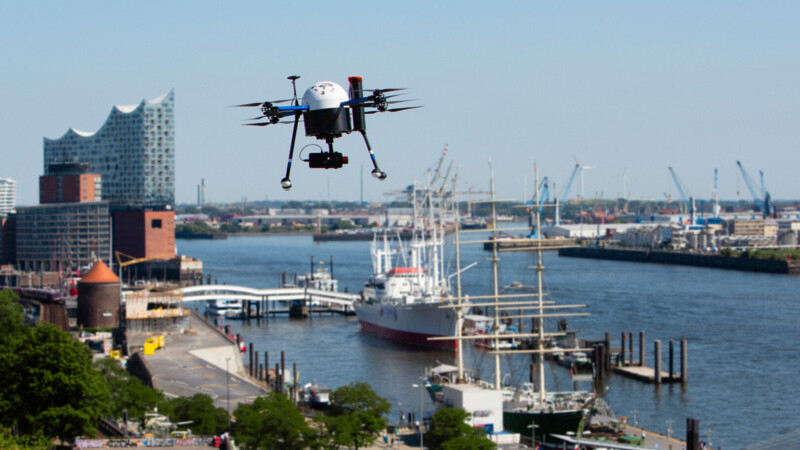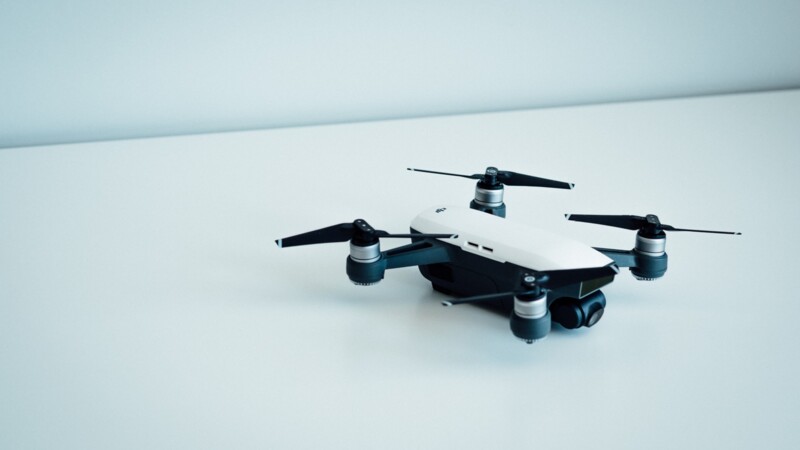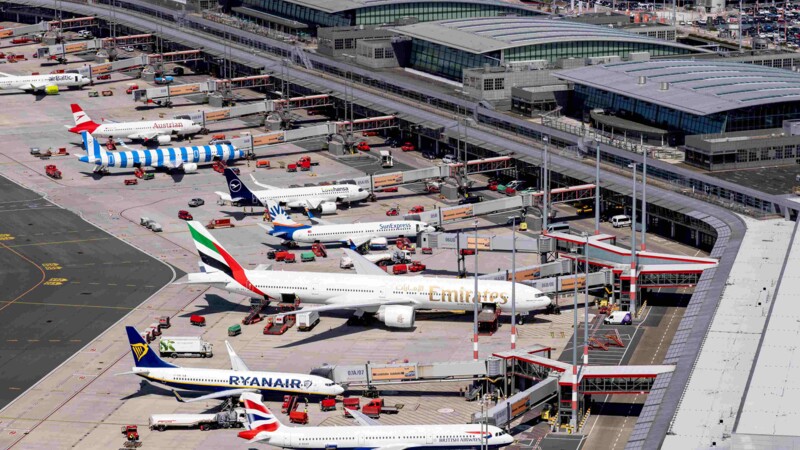The city's complex infrastructure, dense urban population, large port and industrial areas and inner-city airports make it ideal for developing solutions to Germany's air mobility problems. Tests of the so-called U-Spaces will begin in the skies over Hamburg. This traffic management system has digital and automated functions and should make for safer and more efficient access given the increasing number of civilian drone operations. Drones are flown automatically and out of sight in real conditions, while their position data is recorded and co-ordinated.
The City of Hamburg is set to become Europe’s first test airspace for unmanned drones as part of the BLU-Space project, co-ordinated by the Hamburg Aviation cluster. The German Ministry of Digital and Transport has set aside EUR 2.36 million in funds for the project involving urban authorities and companies, business partners and air traffic control as part of the mFUND innovation initiative. BLU-Space is scheduled for completion in mid-May 2026.
Hamburg pioneering urban drone traffic
Drone technology to benefit economy and society
Integrating drone technology into urban airspace has benefits for the economy and society, as unmanned drones could ease traffic and make logistics more efficient. Emergencies could be registered faster and critical infrastructure be monitored better. Collecting precise data offers new opportunities for economic innovation and environmental protection. The co-operation between authorities, rescue control centres and transport companies is fundamental to linking air traffic data from different sources and platforms. "The BLU-Space project brings together the key players in drone co-ordination across Hamburg," said Dr Melanie Leonhard, Senator for Economics. Hamburg Aviaton, Hamburg Port Authority (HPA), Deutsche Flugsicherung (DFS), HHLA Sky, Karl Koerschulte GmbH and the Hamburg Interior, Economic and Transport Authorities are also part of the BLU-Space consortium.
fw/mm/pb
Sources and further information
More
Similar articles

Hamburg's Vertiport now testing airfields for drones

Hamburg future-proofing itself as a logistics centre

LSBG and HHLA Sky plan urban use of drones
